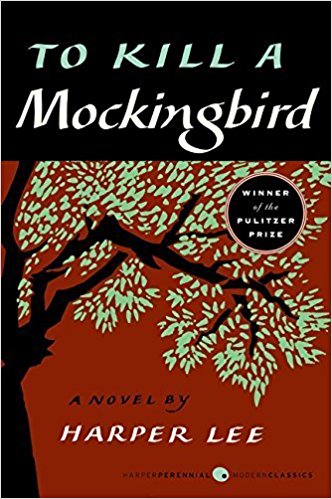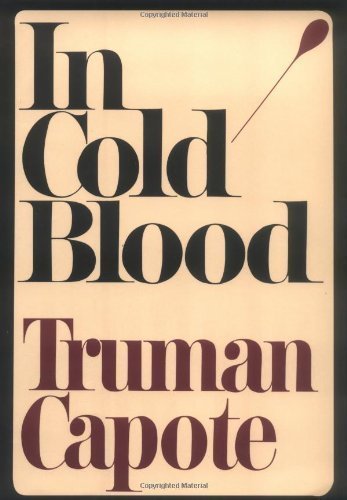Reading Challenge: What Makes a Book a Classic?
I promised the last blog of each month would feature our 2018 Reading Challenge.
 Since I was away last Wednesday, let’s pretend THIS is the last week of March.
Since I was away last Wednesday, let’s pretend THIS is the last week of March.
If you’ve been following our discussions on the challenge, you already know the basics. If you haven’t? You can find out more right here.
Don’t forget you can also join my Read Along With Emilie Richards Facebook Group, where we talk about books we’re reading, and when applicable, how they fit.
Note, too, that you can get a printable PDF of the list (titled Book Blowout 2018) and fill it out as you go along. I’ve already filled in 8 categories and I’m working on 9.
In February I gave suggestions for the first two categories, courtesy of the Read Along group. Those categories were:
- A book set on the water
- A novel featuring a character with a disability.
Did you begin reading any of them? Let us know how you’re doing in thecomments. I’ve completed both categories, but not the next one, although I’ve selected it. Read on.
Since I knew I’d be away, I asked our Read Along group to tell me what they were reading for just one category: “A classic you always promised yourself to read.”
The category is only simple at first glance. After all, what constitutes a classic? There are probably as many definitions as there are books that qualify. But when I went looking for one definition to share, I found this one immediately. See what you think.
First, the work must focus on matters of great importance, identifying fundamental human problems and providing some sort of guidance for dealing with them. Second, it must address these fundamental issues in ‘beautiful, moving, and memorable ways,’ with ‘stimulating and inviting images.’ Third, it must be complex, nuanced, comprehensive, and profound, requiring careful and repeated study in order to yield its deepest secrets and greatest wisdom. One might add that precisely because of these characteristics, a classic has great staying power across both time and space. Richard J. Smith, the “I Ching”: A Biography (Lives of Great Religious Books.)
Truth is, for this challenge, any book you consider a classic will be. But ask yourself how many ways it fits the four qualities in that definition:
- A focus on matters of great importance.
- Addresses issues in beautiful, moving, and memorable ways.
- Requires careful and repeated study to understand its greatest wisdom.
- Has great staying power.
Apparently, without thinking too hard, we then made the category harder and added “you always promised yourself to read.” It’s easy to look at a list someone provides and say, “that sounds good.” It’s a little harder to dig deeper into our own reading history and pull out the classics we’ve claimed we wanted to read but never got around to.
Why did you want to read it? Why didn’t you? Can you read it now with some enthusiasm?
My first, as well as my final choice, for a classic is To Kill A Mockingbird by Harper Lee. I read her novel Go Set a Watchman, several years ago. Watchman is the book she wrote first, before she went back into history, at the request of an editor, and wrote about events that had happened to the same characters years before.
Remember the publishing scandal? To Kill A Mockingbird became a classic while Harper Lee was still young, but Go Set A Watchman wasn’t published until seven months before she died. The manuscript had been hidden away. Whether she really understood and wanted the book to see the light of day is still up for debate. But clearly I know I need to give Harper Lee a second chance and read the work for which she will always be known.
While I’m planning to read To Kill A Mockingbird, which won the Pulitzer Prize–another good way to assume a book might be or become a classic–here are some other suggestions from the Read Along With Group.
A Tree Grows i n Brooklyn by Betty Smith
n Brooklyn by Betty Smith
One Hundred Years of Solitude by Gabriel Garcia Marquez
Jane Eyre by Charlotte Bronte
The Secret Garden by Frances Hodgson Burnett
Exodus by Leon Uris
Les Miserables by Victor Hugo
Anne of Green Gables by L.M. Montgomery
In Cold Blood by Truman Capote.
An interesting tidbit you probably know. Truman Capote and Harper Lee were childhood friends, and supposedly based characters on each other. How much they helped each other write them has been a source of speculation.
My daughter and I were going to read ‘100 years of solitude’. We both tried but didn’t care for it. So we’ve chosen ‘Portrait of a lady’ by Henry James. I will post and let you know how we liked it.
I loved To Kill a Mockingbird when I read it years ago. I think most likely my classic will be Emma by Jane Austen. I think I did read it at college but it went over my head! This time I just want to read it for the pleasure (hopefully.)